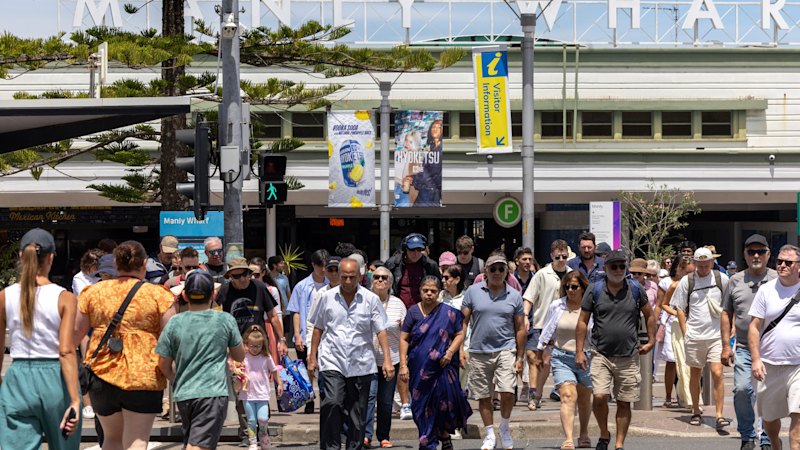Home / Technology / Smart Traffic Lights Reduce Jaywalking by 34% in Sydney
Smart Traffic Lights Reduce Jaywalking by 34% in Sydney
16 Nov
Summary
- Australian-first traffic light trial reduces jaywalking by 34%
- Technology combines thermal cameras, AI, and real-time traffic software
- Successful Manly trial leads to plans for expansion to Parramatta and beyond

As of November 16th, 2025, a pioneering traffic light trial in Sydney has achieved remarkable results, leading to a 34% decrease in jaywalking at a busy intersection over the past year. The technology, which combines thermal cameras, artificial intelligence, and real-time traffic management software, was installed at the crossing leading to the Manly Ferry Wharf, where over 1,000 pedestrians often wait for the lights to change before heading towards the Corso and the beach.
The success of the Manly trial has prompted transport officials to plan the expansion of this innovative system to Parramatta next year, with further implementation being considered for sporting and entertainment precincts in the near future. Roy Brown, the director of the Sydney Coordinated Adaptive Traffic System's technology and product arm within Transport for NSW, has described the Manly trial as one of the "first examples" of integrating smarter technology into the state's road network, as authorities continue to grapple with the ongoing issue of rising road deaths.



